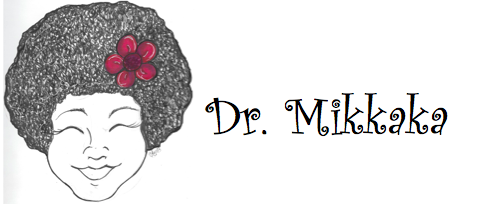How to Talk About Death with Your Students
I will start with the obvious. I’m not a counselor and neither are you. Teachers, parents, and other people charged with raising children are not necessarily trained to have tough conversations. As a people, we’re pretty bad at addressing death. We hide behind euphemisms and platitudes. We voraciously consume death in our media, but balk at it when personally confronted. We are generally ill-equipped for this conversation.
Despite all of this, educators cannot ignore death. We can’t afford to because our children need us to help them process it. They’re seeing it on the news. They’re dealing with it in their own lives. They’re taking their own lives, even as early as elementary school. We can’t expect them to leave the issue of death outside of the school doors, to come in and focus on math and social studies when their hearts and brains are hurting over loss.
Yesterday, I felt my heart grow heavier by the minute as my spouse—an avid sports fan—listened to minute-by-minute updates on the helicopter crash that took the lives of nine people, including a basketball icon. Coincidentally, it was also my brother-in-law’s birthday. He died of cancer in 2014, leaving behind his wife of nearly twenty years (my husband’s older sister) and his surrogate siblings/children in my husband and his younger sister, who looked up to him as a positive figure in their lives after their own father’s untimely death. Death’s ominous presence loomed large in my home all day Sunday, and I thought of the children around the country in other homes where similar news feeds were on. How were they processing it? What thoughts, emotions, and questions would they carry to school with them on Monday morning?
As I mentioned, I’m no expert. I am skilled, however, at finding information. Below, you’ll find a list of resources to help you as you help your children by having these challenging and necessary conversations.
The Dog Isn't Sleeping: How To Talk With Children About Death
Teaching about death is an important life lesson for students
Why death should be discussed in school — and how teachers should handle it
Keep the conversation going in the comments or in your own circles. Questions for Reflection: What would you add to this advice? How have you addressed death in your classrooms or with the children in your lives?

